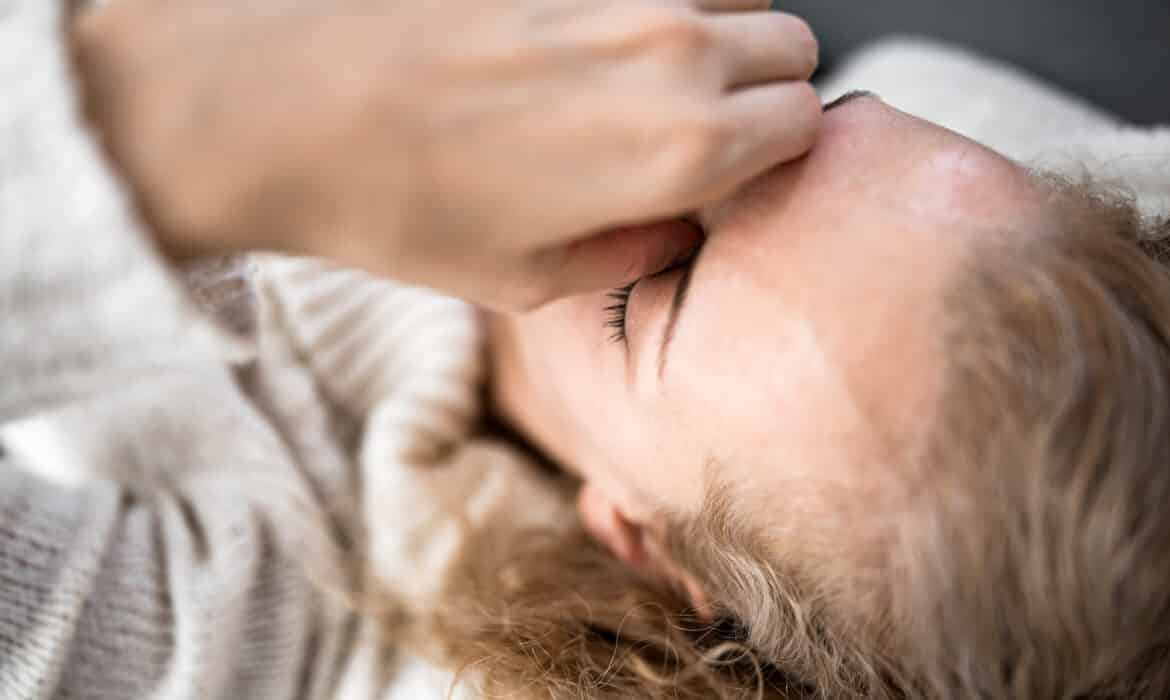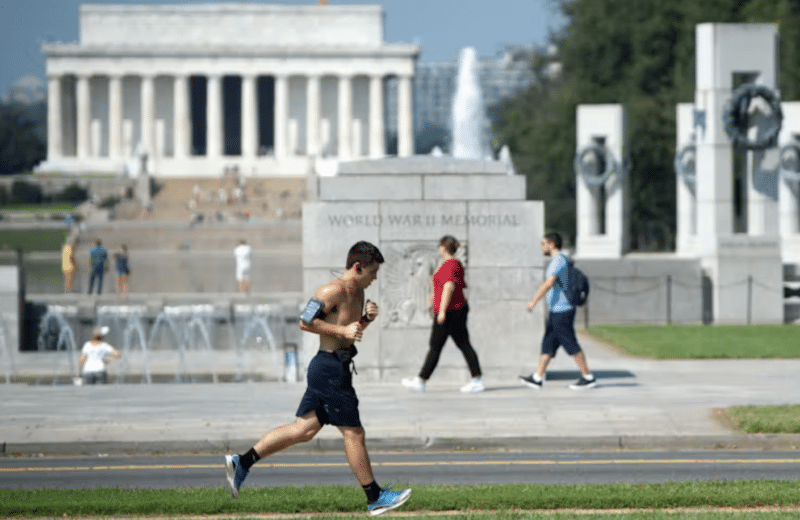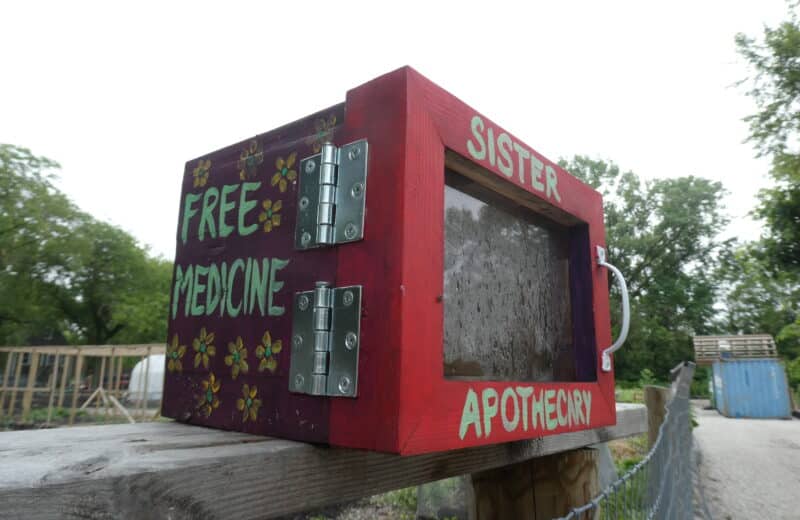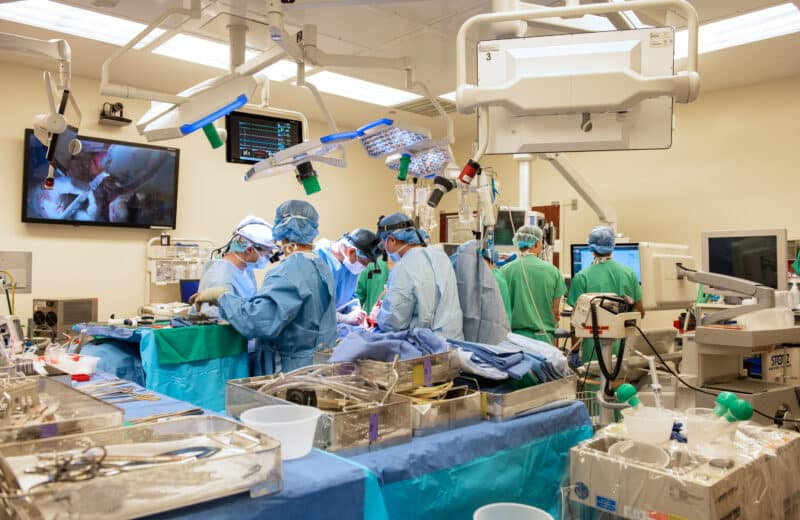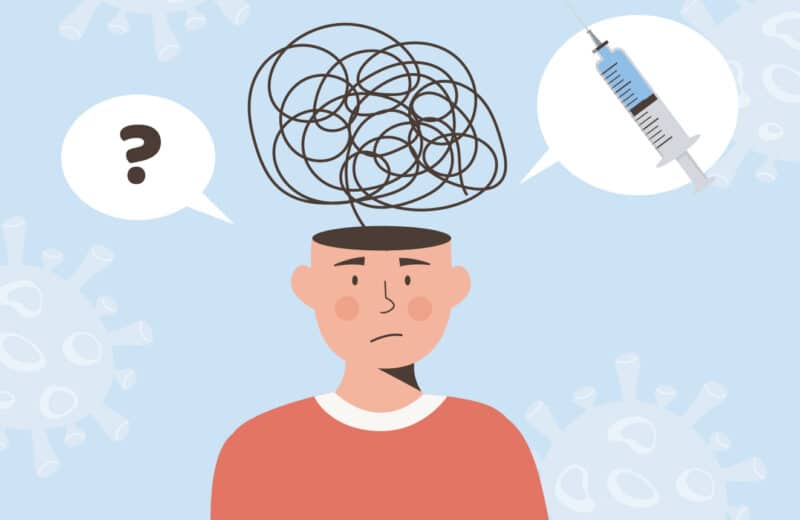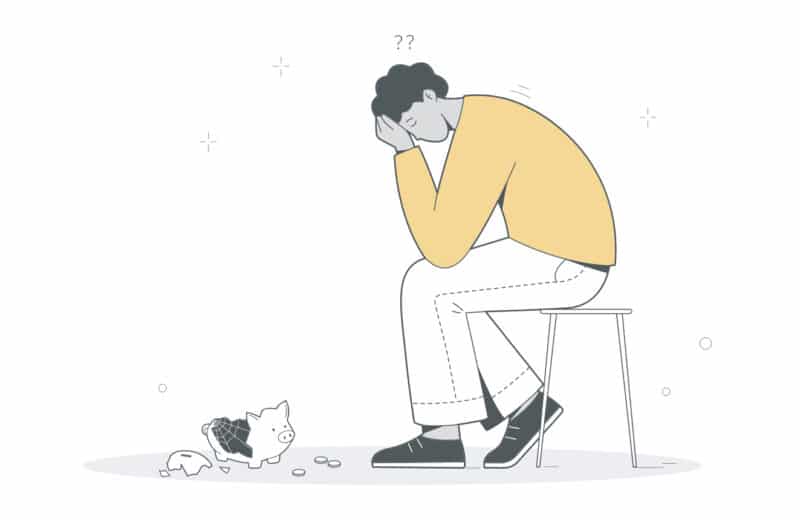Covid-19 clinics provide hope for forgotten patients
Westmont resident Sandy Werner, now 54, was living an active life in early 2020. She worked as an activity aide at a local nursing home, while enrolled in a social work program at Aurora University.
She was a lively, enthusiastic, and optimistic person.
“It was always go, go, go. A lot of energy,” she says.
Then, within just a few months, Werner’s entire life transformed. She now sometimes forgets how to brush her teeth and once could not remember how to get from her car to her apartment. She has trouble focusing and tends to isolate herself.
“My world has gotten very, very small,” she says. “I don’t even recognize the person that I am today.”
Strange symptoms
In the spring of 2020, Werner experienced what she thought was a sinus infection. She scheduled a telehealth visit with her doctor, who prescribed antibiotics.
“No one thought much of it,” she says. While the possibility of Covid-19 crossed her mind several times, she was unable to get tested because testing was scarce.
Then, the strange symptoms set in.
Werner began smelling campfire smoke when no one else did. Her legs felt weak, and she says “electric shock pains” shot down her left arm. Her face went numb.
Next came the mental effects: insomnia, anxiety, and eventually difficulty communicating, thinking, and concentrating — a collection of symptoms colloquially referred to as “brain fog.” Werner didn’t feel safe driving and left her job at the nursing home.
After putting her symptoms into Google, Werner repeatedly came across the same term: long Covid or long-haul Covid — a range of symptoms, including fatigue and brain fog, that affect people weeks to months after a Covid-19 infection. However, when mentioning this to doctors, Werner encountered the same roadblock over and over: Because she did not have a positive Covid-19 test, the doctors would not consider the possibility of long Covid.
That changed in October 2021, when she met neurologist Igor Koralnik, MD, founder of Northwestern Memorial Hospital’s Neuro Covid-19 Clinic.
“That was the first time a doctor spoke the words to me, ‘You’re not alone.’ It was the beginning of this feeling called hope, which I had not felt in a long time,” Werner says.
Access for all
After discovering the prevalence of neurologic symptoms in hospitalized Covid-19 patients at Northwestern, Koralnik and his colleagues formed a neuro Covid research team to investigate the ties between the virus and the nervous system.
The team of physicians, medical students, and researchers’ first study, published in the Annals of Clinical and Translational Neurology, found that 82.3% of hospitalized Covid-19 patients experienced neurological symptoms — including headache, dizziness, weakness, and confusion — at some point in the course of their Covid infection.
In an effort to provide adequate follow-up care for these patients, while continuing to study their symptoms, the group formed the Neuro Covid Clinic in May 2020 — one of the first clinics of its kind. As of February 2022, 66 health systems nationwide have post-Covid-19 clinics, with seven in Chicago alone: Advocate Health Care, Loyola Medicine, Northwestern Medicine, Rush University Medical Center, Shirley Ryan AbilityLab, UChicago Medicine, and UI Health.
At the forefront of these clinics’ mission: accessibility.
As long as patients have a high suspicion for Covid-related neurologic symptoms, almost anyone can be seen at Northwestern’s clinic in person or in telehealth visits within the United States — regardless of disease severity, physician referrals, or positive Covid-19 test results.
“The fact that we accept people without a SARS-Cov-2 test [is] a very salient feature of our operation,” Koralnik says.
At the beginning of the pandemic, Covid-19 tests were hard to come by, and several were not sensitive enough to detect mild disease. Hence, like Werner, many people who had Covid-19 could not get tests or follow-up care.
When people began reporting confusing post-Covid symptoms, many physicians didn’t know how to respond. “Often, these patients were rejected, left, right, and sideways, stigmatized and told, ‘It’s all in your head,’ which adds insult to injury,” Koralnik says.
Almost two years after opening, the Neuro Covid Clinic has seen more than 1,200 patients. Using data from a Lancet affiliated study published in August 2021, Koralnik estimates that there are more than 10 million long hauler patients in the U.S. who could not be tested, or whose Covid test was falsely negative, and are not receiving the care they need because they do not carry the diagnosis of Covid-19.
Logistics and research
In January 2021, Loyola Medicine opened a similar multidisciplinary neuro-Covid clinic, also forgoing testing requirements and referrals. The team consists of several neurologists, in addition to therapists, neuropsychologists, and physiatrists.
At both centers, clinic visits involve extensive neurologic and cognitive testing, followed by in-depth discussions of the individual’s symptoms and possible treatments and referrals. Werner’s initial testing revealed her cognitive function to be below average. The team referred her to a neuropsychologist, as well as a cardiologist, speech therapist, and social worker.
While addressing symptoms helps people with long Covid, the education and validation help them too, says José Biller, MD, director of Loyola’s clinic.
“I think that it all begins with the recognition of the problem. It involves education. It involves holistic care. It’s very critical to be a good listener to make sure there is no sense of abandonment,” Biller says. “As I look at our patients, I don’t think there should be any debate about the biological nature of this condition.”
Patient information gives the teams extensive data to fuel research on the biological basis of neurological Covid-19 symptoms. Koralnik’s group, for example, recently identified elevated neuronal proteins in the plasma of post-Covid patients, showing evidence of nervous system damage at the biochemical level.
Some of the effects may be due to blood vessel inflammation and immune dysregulation caused by the virus, Biller and Koralnik say, although more research is necessary.
“The research component is essential,” says Rimas Lukas, MD, a neurooncologist at Northwestern’s clinic. “It’s going to be a key aspect to us having a clear understanding of this disease and ideally being able to treat it and, even better, prevent it.”
For many people who turn to the post-Covid clinics, having a tangible diagnosis and listening ear make a world of difference.
“To hear a [diagnosis] from a medical professional was just amazing. I can’t describe it,” Werner says. “It was just like, ‘I’m not going crazy. I’m not crazy.’ It’s kind of like the start of a new journey for me. Hopefully, a good one.”

